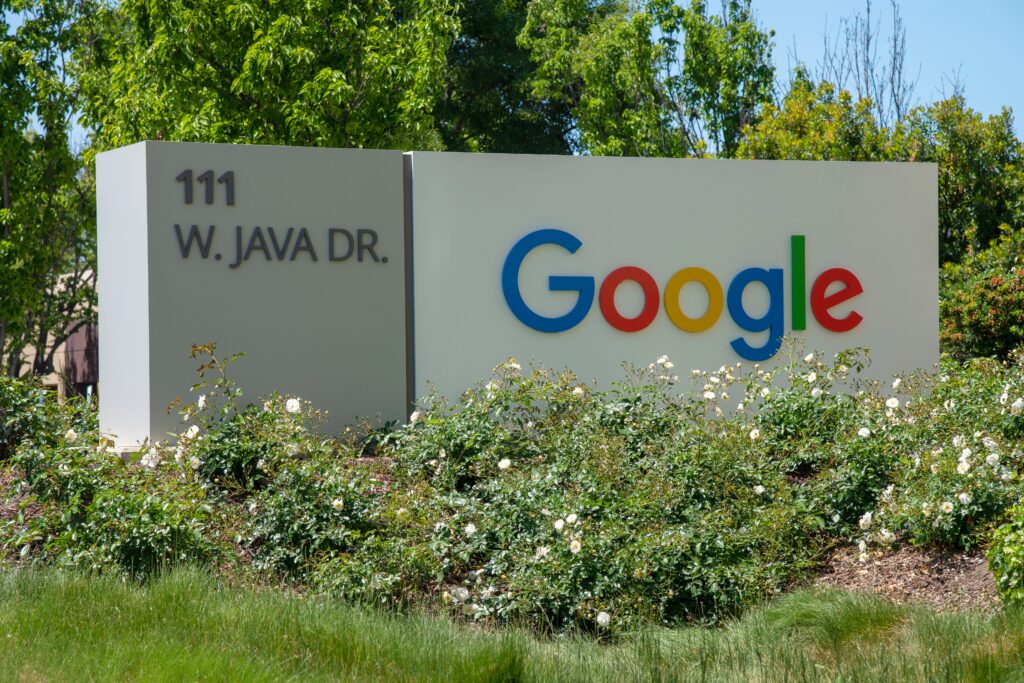Are you tired of using Google Scholar and wondering if there’s a better academic search engine out there? Look no further than Microsoft Academic. This platform has been gaining popularity in recent years, but is it really better than the giant that is Google Scholar? In this post, we’ll compare the two platforms based on their h-index scores, features, and overall user experience. So sit back, relax, and let’s dive into the world of academic search engines!
Not As Comparable To Google Scholar
Google Scholar has long been the go-to academic search engine for students, researchers, and scholars. It is a well-established platform that indexes millions of scholarly articles from various sources and publishers. Microsoft Academic, on the other hand, is relatively new to the game.
While Microsoft Academic 2.0 has made many improvements to its interface and search capabilities, it still falls short in comparison when it comes to the comprehensiveness and accuracy of results.
One issue with Microsoft Academic is that it does not index as many journals or publications compared to Google Scholar. This can limit the scope of your research if you are relying solely on this platform.
Additionally, while both platforms use similar algorithms for ranking results based on relevance and citation counts, Google Scholar’s algorithm may be more refined due to its long history in the industry.
While Microsoft Academic may have some unique features and advantages over Google Scholar (as we’ll explore later), it cannot yet be considered a true competitor in terms of comprehensiveness and reliability of results.
Comparing the h-index
When comparing the usefulness of Microsoft Academic and Google Scholar, one important metric to consider is the h-index. The h-index measures both the productivity and impact of a researcher’s publications. It takes into account both the number of publications a researcher has produced as well as how many times those publications have been cited by other researchers.
While both Microsoft Academic and Google Scholar provide h-index scores for individual researchers, there are some differences in how they calculate these scores. For example, Microsoft Academic only considers citations from articles published within its database, while Google Scholar includes citations from sources outside its database as long as they can be found online.
Another difference between the two platforms is that Microsoft Academic provides a more detailed breakdown of an author’s citation history over time. This can help track changes in research impact over time or identifying which papers have had the most significant influence on a particular field.
Both Microsoft Academic and Google Scholar offer useful tools for researchers seeking to track their productivity and impact. However, depending on specific needs or preferences in terms of data accuracy or level of detail provided, one platform may be better suited than the other.
Microsoft Academic 2.0 was comparable
Microsoft Academic 2.0, the upgraded version of Microsoft’s academic search engine, was released in July 2016 and has since been compared to Google Scholar. One aspect that makes this comparison possible is the fact that both platforms provide a comprehensive database of scholarly literature.
What sets Microsoft Academic 2.0 apart from its predecessor is its ability to recognize different types of entities such as authors, institutions, journals, and conferences with high accuracy. This feature allows for more precise search results and helps researchers find relevant papers much faster.
Another advantage of Microsoft Academic 2.0 over Google Scholar is its ranking system. This takes into account not only the publication date but also the author’s affiliations, citations, and co-authorships among other factors. The result is a more transparent way of measuring an author’s impact within their field.
However, despite these advantages, there are still limitations in terms of coverage. When it comes to certain fields or languages where Google Scholar may be more proficient. Additionally, the user interface can be less intuitive than Google Scholar’s simple layout.

Microsoft Academic 2.0 offers many useful features for academics looking to conduct the research efficiently And accurately. While providing a good choice for those who want to explore beyond what Google Scholar has to offer.
Read More: Are Pittsburgh Tools Any Good? What You Should Know About Pittsburgh Tools
Final Notes
While Microsoft Academic has made significant improvements with its latest version 2.0. It still cannot be considered better than Google Scholar in terms of the number and quality of academic sources available.
Google Scholar remains the most comprehensive search engine for academic literature. Providing access to a vast collection of scholarly articles from various disciplines. On the other hand, Microsoft Academic focuses mainly on computer science and related fields.
However, if you are looking for an alternative or complementary tool to Google Scholar specifically for computer science research. Then Microsoft Academic can certainly be a viable option. Its unique features such as citation analysis and collaboration graph make it stand out in this field.
Ultimately though, both platforms have their strengths and weaknesses depending on what type of research you are conducting and what your specific needs are. So why not give them both a try?

